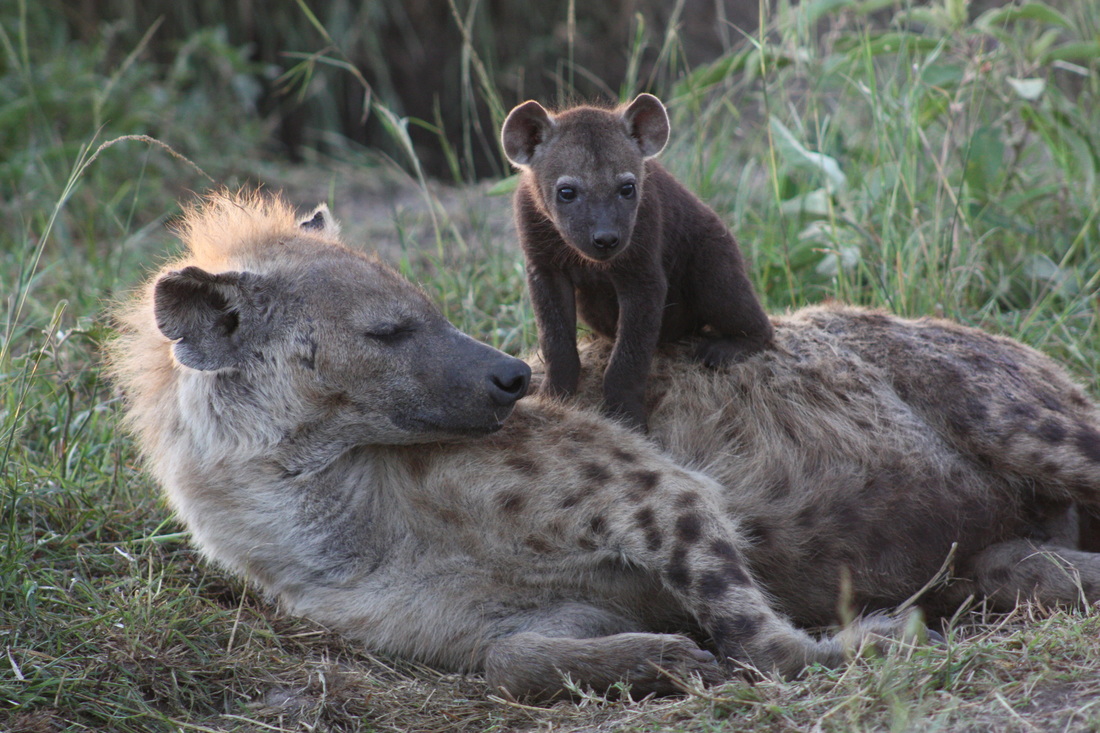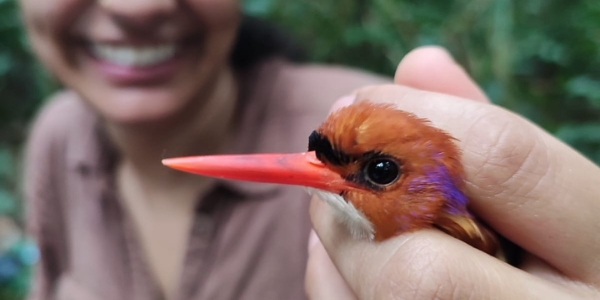Toxoplasma induces fatally bold behavior in hyena cubs
Best known for its presence in house cats and a tendency to infect and alter the behaviors of rodents and humans, the parasite Toxoplasma gondii (T. gondii) is also associated with bold behavior among wild hyena cubs and risk of death during interactions with lions.

The findings, published this week in Nature Communications, reinforce previous research which has found the parasite can prompt profound behavioral changes in its hosts, and potentially in the 2 billion people worldwide estimated to be infected by it. While T. gondii has been well studied in laboratory settings with humans and wild-caught rodents, this is one of the first studies to examine how the parasite effects wild host behavior during interactions with wild cats.
The research uses a rich data set from more than three decades of continuous field research in the Maasai Mara National Reserve in Kenya, led by integrative biologist Kay Holekamp and former director of the Ecology, Evolution, and Behavior Program. It reveals that hyena cubs, but not subadult or adults, infected by T. gondii behave more boldly in the presence of lions, and that infected cubs have a greater risk of being killed by lions.
The research team was lead by former EEB postdoc Eben Gering and former grad student Zach Laubach. Read more at Science Daily.



